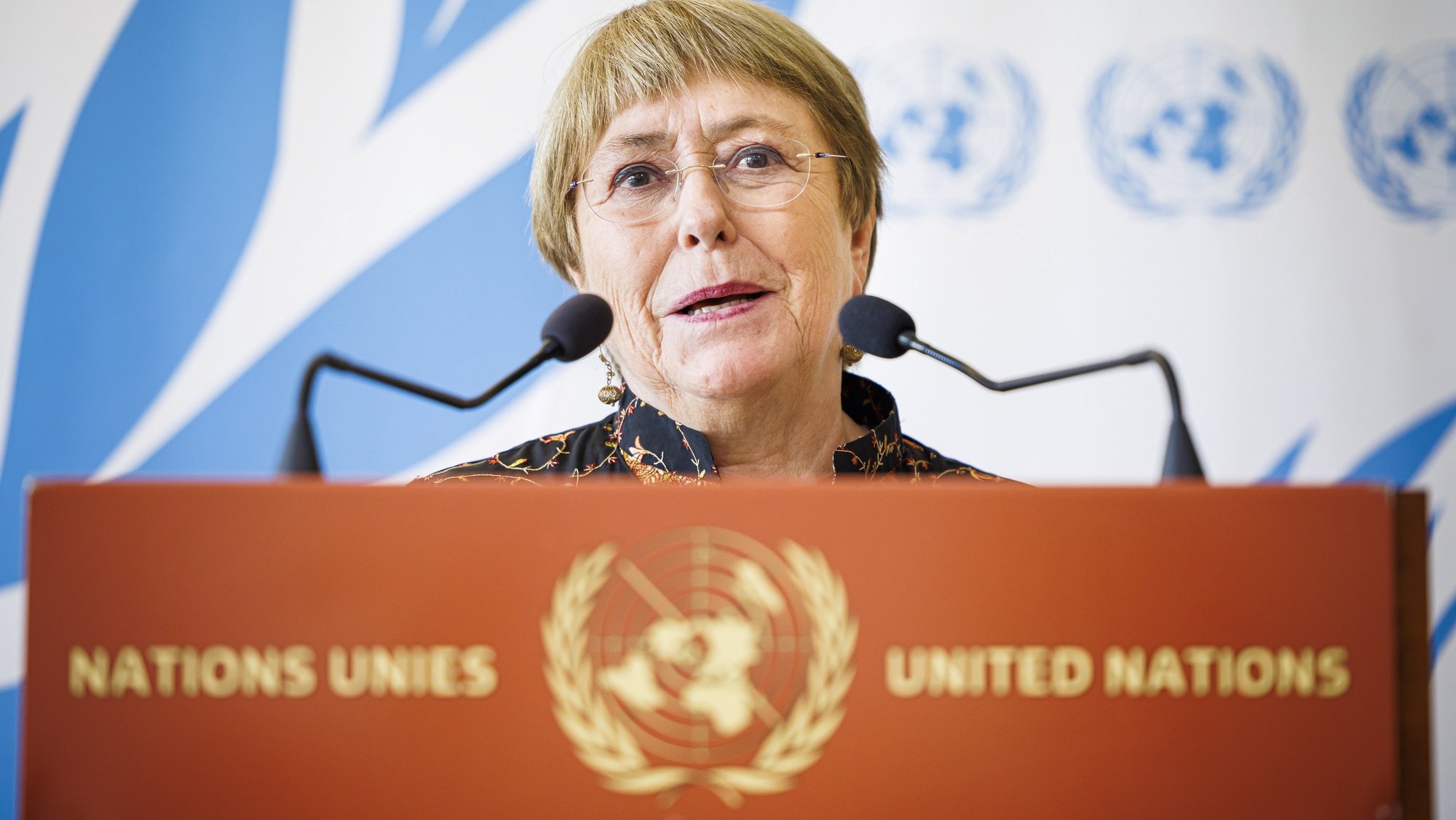The UN is investigating the alleged shipment of Ukrainian children to Russia, where they would be offered for adoption to Russian families, the United Nations High Commissioner for Human Rights said.
Before the Human Rights Council, whose 50th session is taking place in Geneva, the High Commissioner, Michelle Bachelet, explained that her office is “considering the complaints of forced deportations of children from Ukraine to the Russian Federation.”
According to these accusations, some children were “kidnapped from orphanages to be offered up for adoption in Russia.”
According to Bachelet, the United Nations High Commissioner for Human Rights cannot confirm these accusations, nor the number of children involved.
Allegedly, several thousand children were taken from Ukraine to Russia. since the beginning of the invasion of Ukrainian territory by Russian troops on February 24.
In March, the UN already drew attention to the risk of forced adoption of Ukrainian children.in particular the approximately 91,000 who lived in orphanages at the beginning of the conflict, mainly in the eastern regions of the country, which have been at war since 2014.
We are concerned about the alleged intentions of the Russian authorities to allow the relocation of Ukrainian children to families living in the Russian Federation, as it appears not to include family reunification measures or respect the best interests of the child,” Bachelet told the Human Rights Council. .
“We will continue to closely monitor the situation,” he concluded.
“Adoption should never take place during or immediately after a humanitarian emergency,” Asfhan Khan, United Nations Children’s Fund (UNICEF) Regional Director for Europe and Central Asia, warned this week.
These children cannot be declared orphans.as “any decision to move a child must be based on their best interests and any movement must be voluntary,” Asfhan Khan said.
As for the children “who were sent to Russia, andWe are working closely with mediators and networks to see how we can better document these cases.“, explained the regional director of Unicef, adding that it is currently not possible to have access to these children.
Source: Observadora
